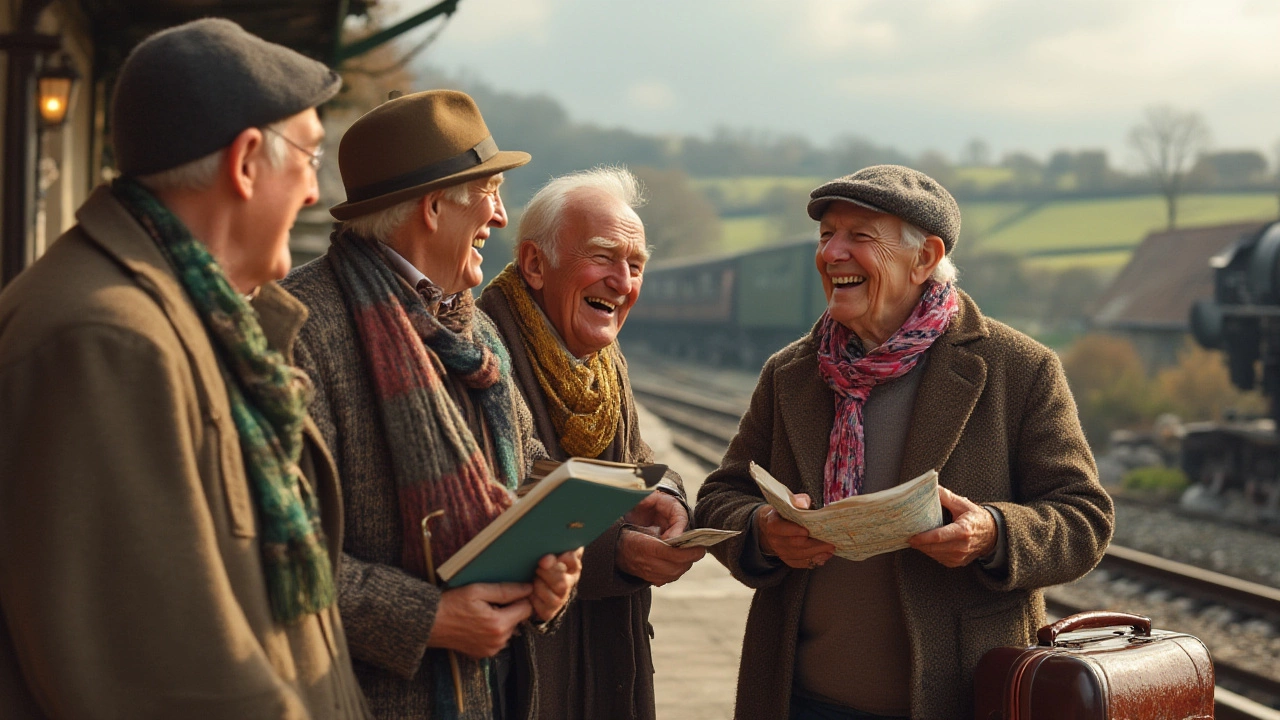Senior Travel: Easy Tips for Comfortable Adventures
Traveling when you’re a bit older doesn’t have to be hard. With a few simple plans you can enjoy new places without the usual headaches. Below you’ll find clear steps to keep costs low, stay safe and make the most of every trip.
Plan Smart, Travel Light
Start by picking a destination that matches your energy level. Look for places with good public transport, gentle walking routes and clear signage. When you book, compare the price of a direct train, a short flight or a bus – the cheapest option isn’t always the fastest, but it can save a lot of money.
Next, protect yourself with travel insurance that covers medical needs. Many seniors forget to include pre‑existing conditions, so read the policy carefully and ask for help if something isn’t clear. A small extra cost now can avoid a big bill later.
Budgeting is easier when you list the basics: accommodation, meals, transport and a little extra for souvenirs. Use a spreadsheet or a simple notes app to track each cost. If you stay in a B&B or a senior‑friendly hostel, meals may already be included, which cuts down on daily expenses.
Pack only what you need. A lightweight suitcase, a comfortable pair of shoes and a fold‑up rain jacket cover most weather. Bring enough of any prescription medication for the whole trip plus a few days extra, and store it in your carry‑on to avoid losing it.
Stay Safe and Enjoy the Experience
When you arrive, give yourself a day to settle in. Check that the room is easy to access, the bathroom has grab bars if needed, and the Wi‑Fi works – a quick get‑online can help you find local medical help if required.
Keep important numbers written down: local emergency services, your embassy (if abroad) and a contact back home. A small card in your wallet is better than relying on a phone that could run out of battery.
Stay hydrated and take regular breaks during sightseeing. Even short walks can be tiring, so plan for rest stops and avoid rushing from one attraction to the next. Many museums and parks offer senior discounts; use them to stretch your budget further.
If you travel with companions, share the planning duties. One person can handle transport, another can look after meals, and someone else can keep track of health needs. Working as a team makes the whole journey smoother.
Finally, enjoy the moments that matter: a chat with a local, a quiet coffee with a view, or simply watching the sunrise. Senior travel is about quality, not speed, so savor each experience at your own pace.
With a bit of preparation you’ll find that traveling later in life can be safe, affordable and truly rewarding. Use these tips as a starting point, adapt them to your own wants, and go explore with confidence.
Categories
Archives
Recent Posts
- What Has Happened to Love Holidays? Last Minute Travel Upended
- Which Side of Florida Is More Expensive for Vacationers in 2025?
- The Biggest Sale of the Year: What to Expect and How to Prepare
- Affordable and Safe City Breaks for Budget Travelers
- Discover the Ultimate Adventure City: Why Queenstown Leads the Fun Pack

Menu